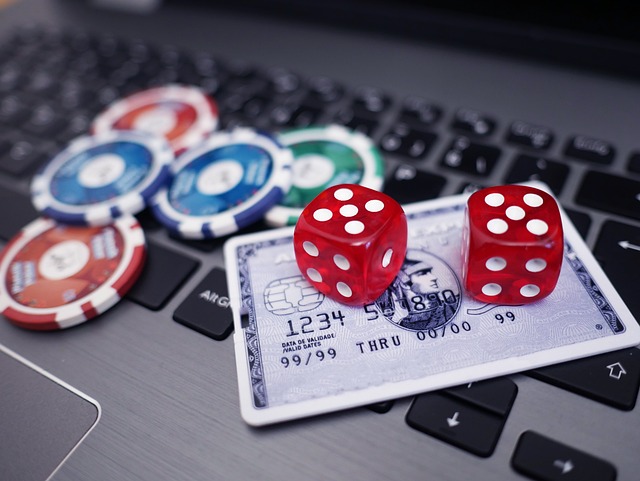Fairness is one of the most critical elements in the online casino industry. Without it, players would lose confidence, and the entire ecosystem would quickly collapse. That’s where casino game testing comes in—a structured process that ensures each game operates randomly, transparently, and according to regulatory standards.
Casino operators don’t conduct these tests themselves. Instead, they rely on independent testing agencies that evaluate game software using advanced mathematical analysis. This neutral third-party validation helps players know the odds are not manipulated and that everyone has the same chance of winning, regardless of when or how they play.
By passing rigorous testing standards, online casinos and game developers demonstrate that their products are not only fun but also trustworthy. This is crucial for building long-term player loyalty and sustaining a safe, competitive gaming environment.
What Is Casino Game Testing?
Casino game testing is a process where a third-party agency evaluates games to ensure that their outcomes are fair, random, and not influenced by external manipulation.
The central component tested is the Random Number Generator (RNG). This engine powers the unpredictability behind slot results, card shuffles, dice rolls, and other game elements. Testers simulate thousands or even millions of game rounds to verify that the outcomes fall within statistical norms.
They also check payout percentages, ensuring that Return to Player (RTP) values match what the provider advertises. This means players can expect long-term win rates that align with what is stated in the game rules, even if short-term variance occurs.
If a game passes all required evaluations, it receives a certification seal, confirming that it meets strict fairness criteria and regulatory standards.
Who Conducts These Tests?

Game testing is carried out by independent labs that specialize in gambling software evaluation. These organizations operate globally and are recognized by regulatory authorities in multiple jurisdictions.
Some of the most reputable testing labs include eCOGRA (eCommerce Online Gaming Regulation and Assurance), iTech Labs, GLI (Gaming Laboratories International), and BMM Testlabs.
These companies are not affiliated with the game developers or casinos, which ensures their findings are unbiased. They follow a consistent testing methodology, guided by technical standards from gaming commissions in regions like the UK, Malta, and Gibraltar.
Before a game is released to the public or integrated into an online platform, it must be certified by one or more of these labs, depending on the licensing requirements of the casino operator.
Why Is Testing Important for Players?
For players, fairness is everything. Without proven randomness and transparency, trust in the casino evaporates. Testing provides confidence that games are not rigged and that each player faces the same odds.
This process protects players from dishonest practices, especially in an industry where most interactions happen behind the scenes. Knowing that a licensed third party has reviewed the software offers peace of mind.
Moreover, testing ensures that RTP percentages are real, so players can make informed choices about where to play. For example, someone may prefer a slot with a 97% RTP over one with 92%—that information is only reliable if it’s verified through testing.
In effect, testing levels the playing field, ensuring fairness not just between the player and the game, but also across different operators and platforms.
The Role of Regulation and Licensing

Fair play in online casinos doesn’t happen by accident—it’s enforced through licensing and oversight. Regulatory authorities require operators to submit their games for independent testing as part of the licensing process.
Authorities such as the UK Gambling Commission or the Malta Gaming Authority impose strict standards for what constitutes fair and compliant game design. If a game fails to meet those criteria, it cannot legally be offered to players in that market.
Once licensed, casinos must also ensure ongoing compliance. This may include re-testing after major game updates or verifying continued RTP accuracy. Regulators may conduct audits or random checks to ensure that the rules are being followed.
This regulatory framework helps maintain integrity throughout the industry, forcing developers and operators to stay accountable while offering players a secure gaming experience.
Continuous Monitoring and Retesting
Casino game testing isn’t a one-time event. Once a game is live, it can still be subject to periodic review or updates. When a game is modified—for example, if visuals change, jackpots are added, or bonus rounds are altered—it may require re-certification.
Additionally, regulatory authorities and testing labs sometimes perform live audits to confirm ongoing compliance. This might include examining server logs, replaying game outcomes, or checking payout behavior across large datasets.
These efforts ensure that fairness is not just present at launch, but remains consistent over time. It’s an essential safeguard in an industry where even small changes in code can affect gameplay.
By constantly monitoring game integrity, developers and platforms demonstrate a long-term commitment to fairness—an expectation that players now rightly demand from every online gambling experience.
